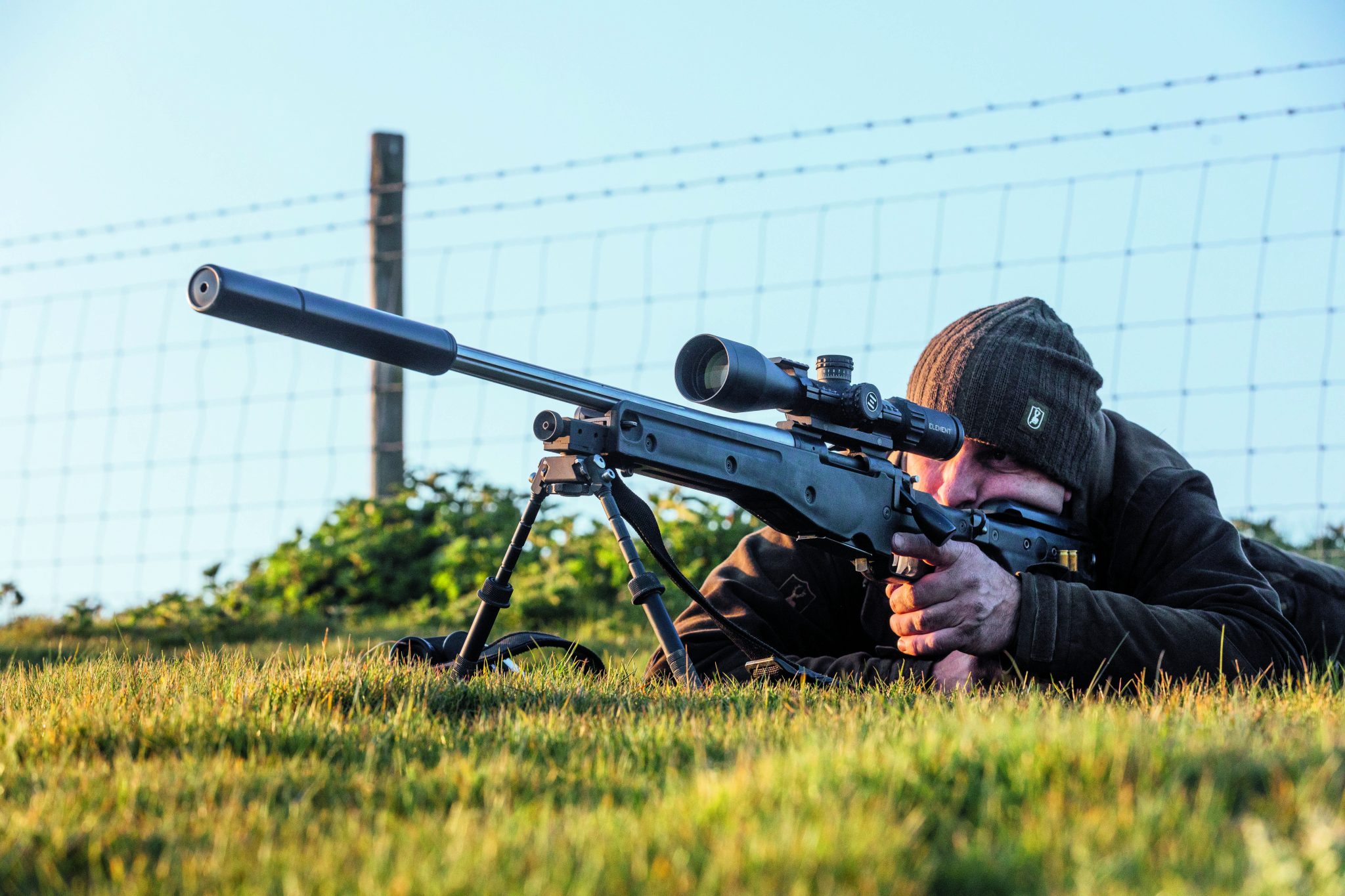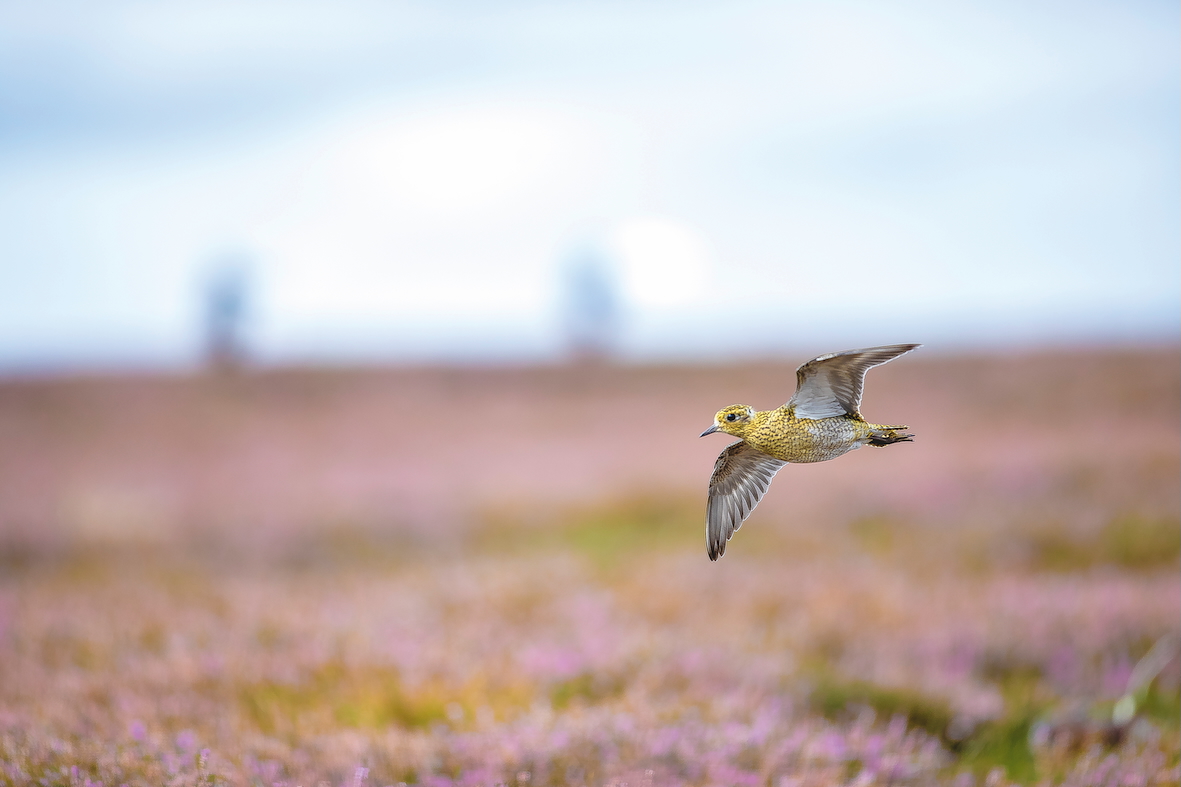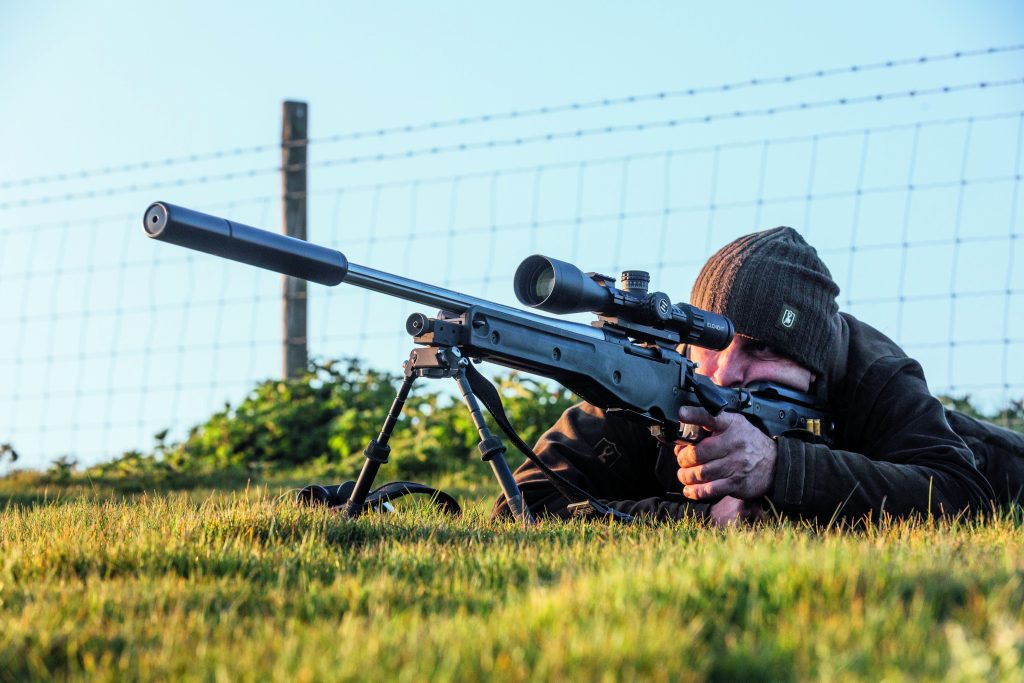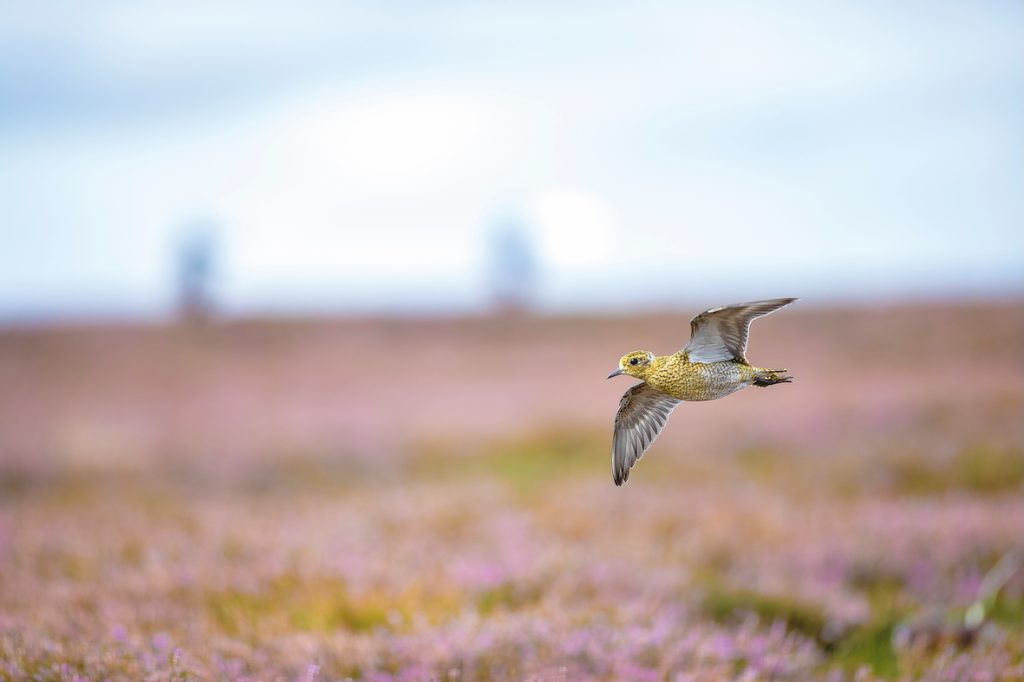News
Sea eagles are bad for farming
<strong>Why the introduction of sea eagles to Suffolk would be so detrimental for local farmers</strong>
Would you like to speak to our readers? We offer sponsored articles and advertising to put you in front of our audience. Find out more.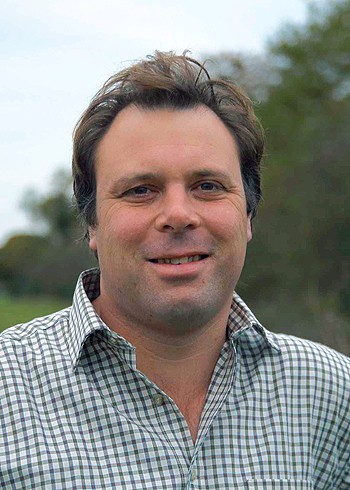
Having been involved for several months recently explaining to everyone why sea eagle introductions on the Suffolk coast would be a bad idea, it was a relief to discover last Monday (14 June) that George Osbournes axe had
fallen on something we could really do without. The joyous news was somewhat shortlived as the RSPBs Mark Avery claimed it was actively seeking private funding and may even foot the bill themselves. The £600K bill for the project would fund the release of the birds, 75 per cent of which they expect to lose. There is no compensation package, nor has there been a proper evaluation of the economic impact of the arrival of these birds.
We run Blythburgh Free Range Pork, a family farming business that employs 25 people in the fields along the Suffolk coast, producing highwelfare, high-quality meat for sale largely in independent high street butchers throughout England. We were concerned, not only for the number of piglets that would be eaten by the sea eagles, but the damage that would be done when they tried. Panicked sows can easily trample their young or miscarry. Veterinary advice has suggested that frequent disturbance could increase mortality by 30 per cent. Furthermore, around 10 per cent of the UKs pig breeding herd is outdoors in Suffolk and that means a lot of rural jobs.
On the estate we also have 1,500 acres of National Nature Reserve which we manage with Natural England. For the past 40 years we have worked hard swiping, chopping and spraying the bracken to restore these heaths for grazing sheep. This is not a hugely profitable business, so what happens when lambing percentages start to fall? How will the grazing be sustained and who will pick up the bill?
The nature reserve is only really there because my forefathers were much more enthusiastic Shots than they were farmers. Had they been keener on carrots than partridges, the whole lot would have been ploughed up years ago. As it is, I believe it is home to the finest shoot in the county. More importantly, it provides a livelihood for a whole family, that of a gamekeeper who sank everything he had into building it up. Is a bird worth a whole family?
It is the process that dismays me the most, the subterfuge and disinformation that was prevalent throughout. The original plan was to begin releasing the birds now, it was only the mobilising of effective opposition that got the clock stopped. This was not a campaign organised by the CLA. One member allowed the use of their conference room for the first meeting, the farmers who turned up in their droves did the rest. These people represented an overwhelming percentage of the jobs and livelihoods that would be affected, not a small minority of landowners as they have been dismissed by RSPBs Mark Avery.
I hope that Natural England will go away from this project and think carefully about how it operates. As the Governments conservation body it should be impartial, objective and, above all, scientific. It is a body that should be trusted by those who make their living in the countryside. Lobbying and agendas are for the RSPB and their like, and should not be state sponsored.
Have your say: if you have a view on a current news topic, send it, in no more than 500 words, to Joe_Dimbleby@ipcmedia.com.
What is YOUR opinion?
Join other ST readers in our forums to discuss your views.
Like this article? Mark this page on a social bookmarking website…
Have your say: if you have a view on a current news topic, send it, in no more than 500 words, to steditorial@ipcmedia.com
Related articles
News
A sound decision as moderators to be taken off licences
The Government has finally confirmed what the shooting community has long argued – that sound moderators should be removed from firearms licensing controls
By Time Well Spent
Gamekeeping news
News
Devastating effects of keepers downing tools
A 20-year experiment highlights the dramatic decline in our red-listed birds after predator control ends, proving the vital role of gamekeepers
By Time Well Spent
Manage Consent
To provide the best experiences, we use technologies like cookies to store and/or access device information. Consenting to these technologies will allow us to process data such as browsing behavior or unique IDs on this site. Not consenting or withdrawing consent, may adversely affect certain features and functions.
Functional Always active
The technical storage or access is strictly necessary for the legitimate purpose of enabling the use of a specific service explicitly requested by the subscriber or user, or for the sole purpose of carrying out the transmission of a communication over an electronic communications network.
Preferences
The technical storage or access is necessary for the legitimate purpose of storing preferences that are not requested by the subscriber or user.
Statistics
The technical storage or access that is used exclusively for statistical purposes.
The technical storage or access that is used exclusively for anonymous statistical purposes. Without a subpoena, voluntary compliance on the part of your Internet Service Provider, or additional records from a third party, information stored or retrieved for this purpose alone cannot usually be used to identify you.
Marketing
The technical storage or access is required to create user profiles to send advertising, or to track the user on a website or across several websites for similar marketing purposes.


